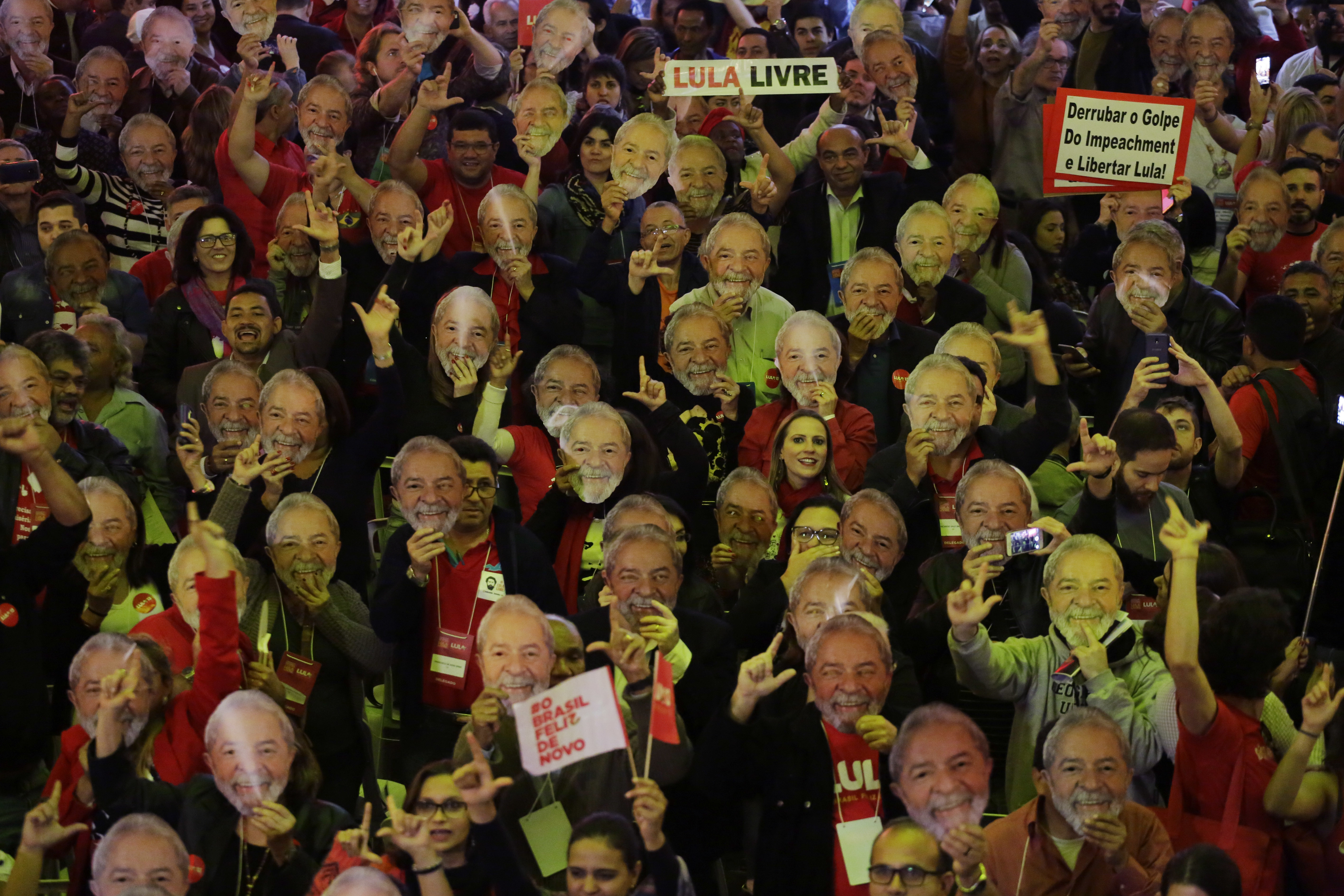Investigating fake academic journals
In a time when fakery seems to expand to every corner of the internet (including fake Amazon product reviews and YouTube views), it seems like academia is the last bastion of unadulterated truth, right?
Wrong.
This week, Motherboard reported on a fake academic journal that puts work from real researchers at Ivy League schools alongside junk science. The journal, titled “The World Academy of Science, Engineering and Technology” (WASET), was first exposed by German TV station Das Erste in late July. The WASET claims to be peer-reviewed, but Das Erste got research accepted quickly and with minimal notes.
Gaming predatory journals is nothing new. In May 2015, science journalist John Bohannon created a fake institute and published a meaningless study under a pseudonym that claimed chocolate accelerated weight loss (He also ran a sting operation on open-access journals for Science magazine). Several media outlets picked it up.
And the problem goes beyond the U.S., too.
The Indian Express has been investigating some of the fake and predatory academic journals where would-be scholars simply have to pay before their work is included. In one of the more recent installments, The Express found that one company owned more than 100 journals covering everything from science to management.
"I have received hundreds — if not thousands — of this kind of invitation to publish research articles in fake science journals and conferences, including the one mentioned in the (Motherboard) piece," said Emmanuel Vincent, founder and project lead at Climate Feedback, in a message. "I think we are going to see more of this in the future, so we need to make it easier for everybody to be able to spot these fake science journals."
Vincent pointed to things like Scimago Journal & Country Ranking, which lets users search for journals widely cited by scientists, as a way for people to determine a source's authenticity.

This is how we do it
- In Brazil, Truco from Agência Pública has set up a coalition of 34 journalists to fact-check gubernatorial candidates in seven states, as well as the presidential election.
- The founders of the now-defunct Breaking News app have launched a new service that delivers verified information to companies during a crisis.
- Do you know the difference between a “misquote” and a “misattributed quote?” MediaWise has the explainer.
This is bad
- Genoa's bridge disaster led to at least 39 deaths. It also spawned a sadly predictable series of false or misattributed photos.
- A fake Twitter account for Peter Strzok, who led the FBI’s investigation into Hillary Clinton’s use of a private email server, is racking up thousands of likes and retweets.
- The governing party in Scotland launched a “fact-checking” service that it’s using to amplify its message.

This is fun
- Someone is selling Bellingcat T-shirts without the organization’s permission on eBay.
- This exhibition in Columbia, Missouri traces the historical roots of misinformation all the way back to Ancient Greece.
- Donald Trump called fact-checkers “bad people.” The New York Times’ Linda Qiu has a fact check.
Research you can use
- The majority of Americans think that tech platforms aren’t doing enough to combat misinformation — and they also think those companies should remove posts that are made up or unverified, according to a new survey from the Knight Foundation and Gallup.
- As part of its effort to reach out to skeptical fact-checking audiences, PolitiFact commissioned an analysis of its fact checks. The topline finding: Researchers couldn’t find any substantial linguistic difference in the way the project covers Republicans or Democrats.
- Misinformation isn’t just a public relations fiasco: It could threaten social media companies’ bottom line, according to research from the University of Southern California.

A closer look
- The New York Times published an in-depth investigation into the business of manipulated views on YouTube. One man in Ottawa has sold 15 million views for close to $200,000 this year.
- The Times also profiled Glenn Kessler and said he’s “doing the poet’s work” by running The Washington Post Fact Checker.
- Speaking of fake social media engagement, the Digital Forensic Research Lab exposed a network of Brazilian Twitter, Instagram and Facebook accounts that are trading likes, followers and pages for cash.
If you read one more thing
BuzzFeed News reported on two people who spend their free time tracking and reporting scammers who create fake Facebook accounts for American military members. Over the past two years they've reported about 2,000 accounts and submitted three quarterly reports to the company — which they're concerned doesn't know the magnitude of the problem.
13 quick fact-checking links
- After it refused to follow other tech companies and ban him, Twitter suspended notorious conspiracy theorist Alex Jones for a week. The company cited a violation of its rules against abusive behavior and violence incitement.
- Speaking of Twitter, CEO Jack Dorsey told The Washington Post that he's reconsidering core parts of the platform to stop the spread of harassment and fake news — including adding factual context to false tweets.
- A false story about the Greek parliament installing a pool on its terrace went viral.
- What makes people believe fake news? Turns out that most Americans — of all digital skill levels — let their impulses take over when sharing content online.
- Turkey is investigating social accounts spreading rumors that the government says are aimed at manipulating the economy.
- BuzzFeed Newz is the wannabe BuzzFeed News.
- Would *you* watch an entire movie about fact-checkers? (If your answer is “Yes”, a reminder that Lifespan of a Fact is hitting Broadway next month.)
- Mother Jones interviewed Daniel, First Draft, Mike Caulfield and other experts on how to fight back against online misinformation.
- That moment when fake news accounts like your photos on Instagram.
- A Texas town’s police department shared a hoax originally posted by Christopher Blair and then amplified by a Macedonian fake news site.
- An InfoWars editor thinks what Alex Jones does is just “silly conspiracy rants” and “stupid radio rants,” per his own DMs.
- The New York Times’ Sheera Frenkel wrote about how one fake Facebook group was able to organize protests in real life.
- Verificado 2018 is a finalist for a 2018 Online Journalism Award in the collaboration and partnerships category.
Until next week,







